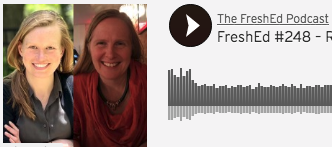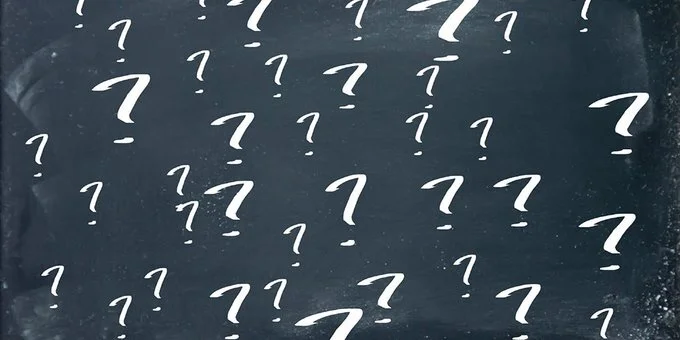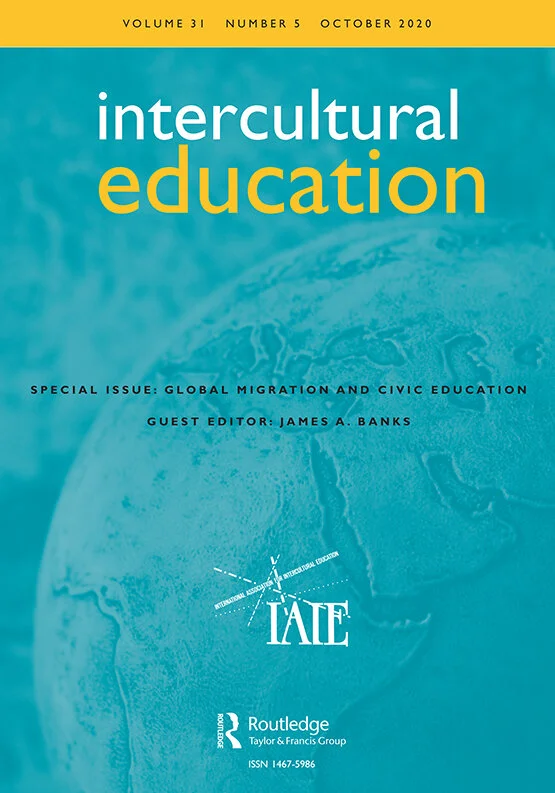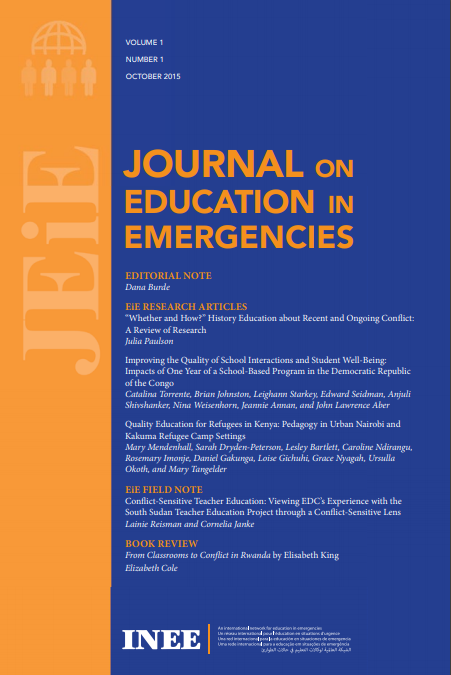Research | Refugee students often live in contexts where the inclusion and peace they build within classrooms is met with exclusion and violence in other spaces of their lives, both inside and outside the school. To address this dissonance, teachers of refugees engage in a constant balancing act: teaching their students both for the world that exists and for a world that they wish existed. In research with teachers and students across contexts of conflict and refuge, we observe specific constructive elements of these approaches to teaching and learning, which we call pedagogies of belonging. These pedagogies of belonging are rooted in predictability, adaptability, and future-building, and guided by relationship-building. In considering how more teachers might learn from them and incorporate them into their practices, I examine how teachers in one school in Lebanon who do use these pedagogies have come to do so.
Read MoreResearch | Like all education, refugee education has a double purpose of formation of individuals and formation of societies. This can be seen as the double purpose of education: helping students live a good life in a world worth living in. This includes a view about how people should live in the world, and the kind of world we should try to establish.
Utilizing Jurgen Habermas’s notion of system and lifeworld and theories of practice, this article explores how teachers in South African, Finnish and Australian schools work towards the double purpose of education. Our focus is on the teachers’ visions of what they are doing, and how these practices are impacted by the larger contexts in which students live. The findings show that teachers understand that refugee students will face barriers in their national systems and aim, through their pedagogical practices, to bridge students’ lifeworlds and educational system demands.
Read MoreThe Power Rainbow is a pedagogical tool and framework to support children in power analysis — the ability to make sense of power and how it shapes our lives and societies. It is a graphic representation of nested systems of power, and concretizes the abstract concept of systemic power through shape, color, and text. The Power Rainbow scaffolds the type of structural thinking necessary to research and take action towards more just futures. The tool was originally developed to support children in Critical Participatory Action Research (CPAR), but it can also be used in critical pedagogy more broadly, such as to support action projects in schools, in workshops with children and caregivers, and in understanding our own lives.
Read MoreResearch | This article examines why and how teachers of refugees enact protection by engaging with local forms of harm facing their refugee students. Through portraits of two classrooms in Jordan, we describe the relationships that form between Jordanian teachers and Syrian students, and the protection practices teachers develop in response. We propose a more comprehensive conceptualization of protection in refugee education that layers socio-political protection on legal and rights-based protection commonly embedded in humanitarian activities.
Read MoreInterview | REACH team member Hellen Zziwa spoke with Dr. Marangu Njogu of Windle International about his work, the challenges of providing quality instruction in refugee camp settings, and the importance of supporting young learners throughout their educational journeys.
Read MoreResearch | This article examines nation-state policies that have prioritized toleration of diversity over recognition through comparative case studies of three junior secondary schools in Botswana.
Read MorePodcast | Celia Reddick and Sarah Dryden-Peterson discuss language of instruction in refugee education on the FreshEd podcast, hosted by Will Brehm.
Read MoreVideo | Researchers from the Peace Research Institute Oslo and Harvard University teamed up with PositiveNegatives to convey the narratives of refugee students and teachers in the Dadaab refugee camps of Kenya.
Read MoreInsight | Student leaders and educators in Refugee REACH director Sarah Dryden-Peterson's new module at HGSE, Education in Uncertainty, share how they were able to connect their studies to practice and respond to emerging needs of their local communities and build supports during Covid-19.
Read MoreInsight | HGSE shares resources for educators and caregivers following the insurrection at the U.S. Capital, including thoughts by Refugee REACH's Sarah Dryden-Peterson.
Read MoreResearch | This essay explores the civic education of refugees within the context of a radical global policy shift to include refugees in national education systems.
Read MoreResearch | In the first literacy census in a refugee camp, researchers assessed all the schools providing lower primary education to refugee children in Kakuma, Kenya.
Read MoreInterview | A conversation with UNHCR education specialist Mialy Dermish about what it’s been like to take her classroom learning into the field, her current role, and how she thinks about research in her work.
Read MoreResearch | This article analyzes how refugee education is understood and designed by actors in diverse positions: at global levels, across 14 refugee-hosting nation-states, within schools, and over time.
Read MoreResearch | This article examines the quality of education available to refugees in both urban and refugee camp settings in Kenya, with a particular focus on teacher pedagogy.
Read MoreResearch | This article considers the ways in which education policy and practice in Botswana negotiate tensions between assimilationist and multiculturalist approaches to ethnic diversity.
Read More















